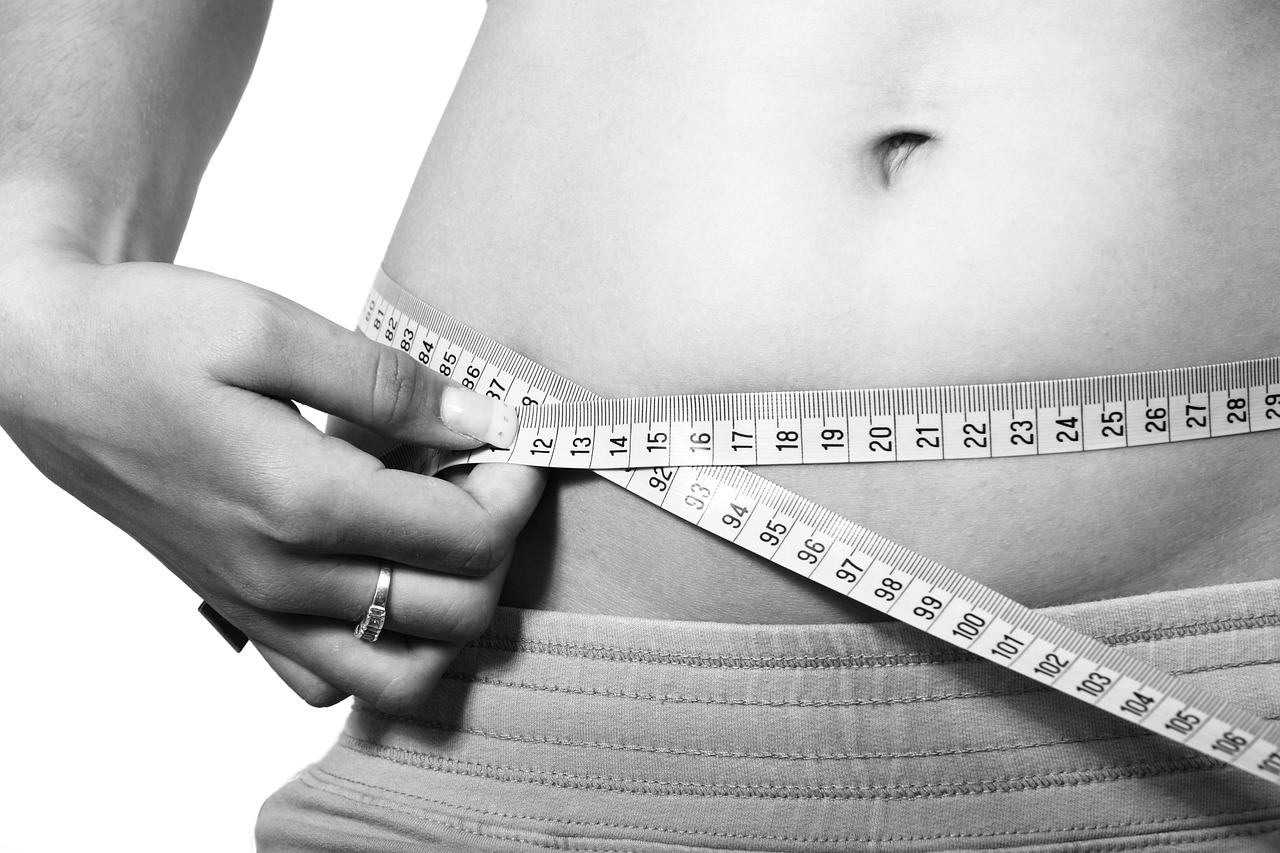The One Meal a Day Diet: Can it Really Help You Lose Weight?

In recent years, the concept of intermittent fasting has gained popularity as a potential Weight Loss and health improvement strategy. One of the most extreme forms of intermittent fasting is the one meal a day (OMAD) diet, in which individuals eat only one large meal within a short time frame each day.
But can this extreme form of fasting really help you lose weight? And is it safe and sustainable in the long term?
Proponents of the OMAD diet claim that by fasting for the majority of the day and consuming all of your calories in one sitting, you can naturally reduce your overall calorie intake, leading to weight loss. They also argue that the extended fasting period allows the body to enter a state of ketosis, in which it burns fat for fuel instead of carbohydrates.
However, many nutrition and health experts have expressed concerns about the OMAD diet’s safety and effectiveness. Restricting all food intake to just one meal a day can lead to extreme hunger, low energy levels, and potential nutrient deficiencies. It may also increase the risk of binge eating and disordered eating behaviors, which can have negative impacts on both physical and mental health.
There is also limited scientific research on the long-term effects of the OMAD diet, especially in terms of its impact on metabolic health, muscle mass, and overall well-being. While some studies have suggested that intermittent fasting can have positive effects on certain health markers, such as insulin sensitivity and inflammation, these findings may not necessarily translate to the extreme version of the OMAD diet.
That being said, the OMAD diet may not be suitable for everyone. It can be particularly risky for individuals with a history of eating disorders, diabetes, or other chronic health conditions. Pregnant and breastfeeding women should also avoid the OMAD diet due to the increased nutritional demands of their bodies.
If you are considering trying the OMAD diet, it is important to consult with a healthcare professional or a registered dietitian first. They can help you assess whether this approach is safe and appropriate for your individual needs and health status. They can also provide guidance on how to structure your single meal to ensure that you are meeting your nutritional requirements.
Ultimately, the OMAD diet may not be a sustainable or healthy approach to weight loss for most people. Instead, focusing on balanced meals, regular physical activity, and mindful eating habits is likely to be a more effective and sustainable way to achieve and maintain a healthy weight.
